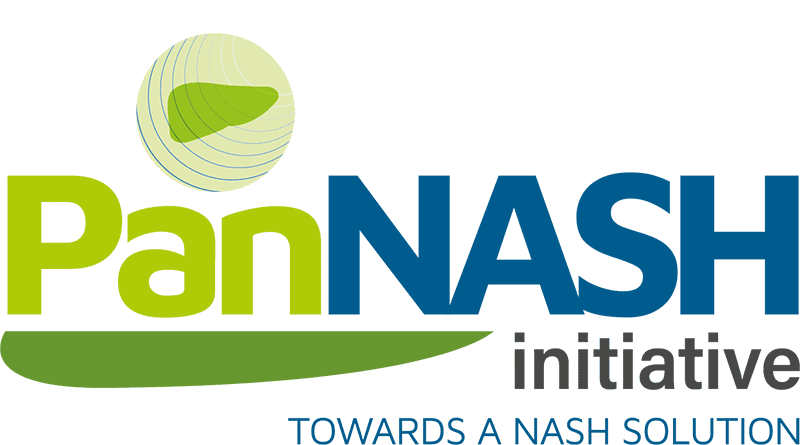Commentary
The burden of liver-related morbidity remains high among HIV-infected patients, with a prevalence of up to 50%. The pathogenesis of NAFLD and the reasons for progression to non-alcoholic steatohepatitis (NASH) are still not fully elucidated.
Both HIV-infection itself and combination antiretroviral therapy can contribute to the development of NAFLD/NASH in various ways. In addition, the use of early-generation nucleoside reverse transcriptase inhibitors and protease inhibitors is also associated with the development of NAFLD/NASH.
The epidemiology and etiology of NAFLD/NASH in HIV-positive patients is likely to change in the near future. Current guidelines recommend early initiation of cART that is less likely to induce insulin resistance, mitochondrial dysfunction and dyslipidemia. In contrast, this population will adopt the more traditional risk factors for NAFLD/NASH.
HIV-treating physicians should be aware of the etiology, pathogenesis and treatment of NAFLD/NASH in order to identify and treat the patients at risk.


Hepatic inflammatory responses in liver fibrosis